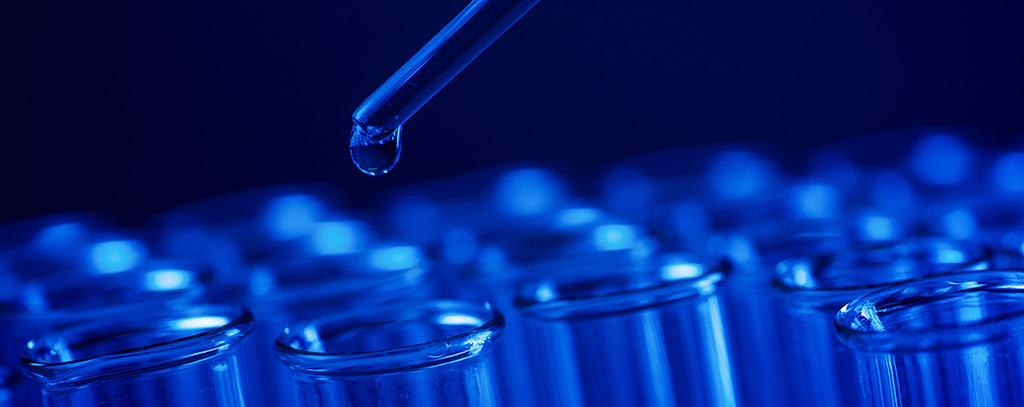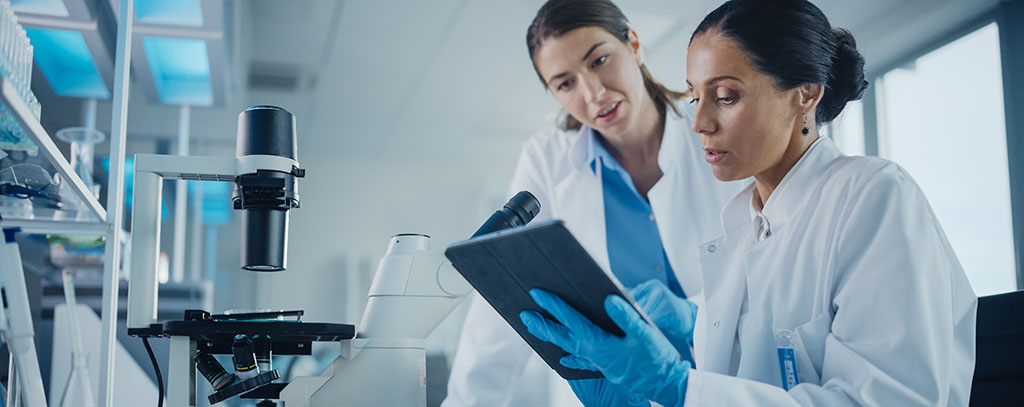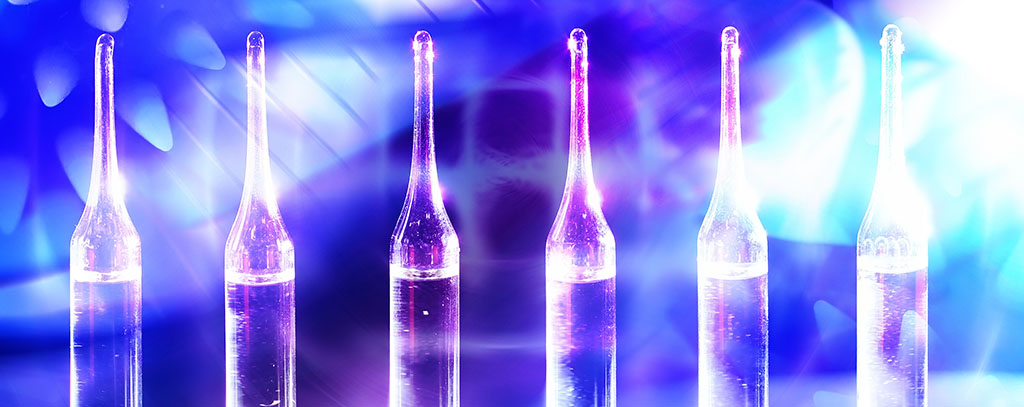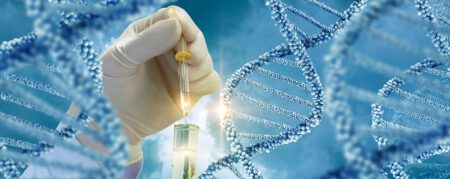


What is a 10 Panel Drug Test: Employer’s Guide
April 15, 2023


Understanding the Cost of a 10 Panel Drug Test for Companies
April 16, 2023What can cause a false positive alcohol urine test? This query has been posed by numerous experts in the realm of drug testing and substance misuse. In this blog post, we will delve into the various factors that can lead to false positives in alcohol testing, specifically focusing on urine drug screens.
We will begin by discussing different types of alcohol tests such as urine tests, breathalyzers, blood tests, and saliva tests. Then, we will explore the common causes of false positive results including medications and supplements, mouthwash and breath fresheners, fermented foods and beverages, environmental factors, improper testing procedures and lab errors.
Furthermore, we will provide guidance on how to avoid false positive alcohol test results by reading labels carefully on medications and supplements; avoiding using mouthwash or breath fresheners before testing; refraining from eating or drinking anything containing alcohol before testing; following proper testing procedures. Lastly,
we'll discuss what steps you should take if you receive a false positive result due to any reason related to "what can cause a false positive alcohol urine test."
1. Types of Alcohol Tests
When it comes to detecting alcohol consumption, there are various testing methods available that can help companies ensure a safe and productive work environment. Each type of test has its advantages and limitations, so it's essential to understand the differences between them before choosing the most suitable one for your needs. In this section, we will discuss four common types of alcohol tests: urine tests, breathalyzers, blood tests, and saliva tests.
a. Urine Tests
Urine tests are widely used in workplace drug testing due to their non-invasive nature and relatively low cost. Urine tests can recognize the presence of metabolites like EtG and EtS, which are generated as a consequence of alcohol metabolism in the body. The detection window for these markers typically ranges from 24-48 hours after consumption but may extend up to 80 hours in some cases.
b. Breathalyzers
Breathalyzers, also known as breath analyzers or alcohol screening devices (ASDs), measure the concentration of alcohol present in an individual's breath sample by analyzing its chemical composition using infrared spectroscopy or fuel cell technology. This method provides immediate results and is often employed by law enforcement officers during roadside sobriety checks.
c. Blood Tests
Blood tests offer a direct measurement of blood alcohol concentration (BAC) levels within an individual's bloodstream at any given time point after drinking alcoholic beverages (source). Saliva tests, while less accurate than blood tests and less invasive, can still be used to measure alcohol consumption.
d. Saliva Tests
Saliva tests, also known as oral fluid tests or swab tests, detect the presence of alcohol in an individual's saliva by measuring its concentration using enzyme-based immunoassay techniques (source). This non-invasive method provides rapid results and is gaining popularity for workplace drug testing due to its ease of use and relatively low cost compared to blood tests.
Now that we have discussed various types of alcohol tests available on the market let us explore some potential causes behind false positive test results in the next section.
Grasping the various alcohol tests and their respective applications is essential for accurately establishing if someone has been consuming alcoholic beverages. By understanding what can cause a false positive result, one can take steps to avoid an incorrect diagnosis.
2. Causes of False Positive Alcohol Test Results
In this section, we will explore the potential causes of false positive alcohol test results in urine tests. These can range from medications and supplements to environmental factors and lab errors.
a. Medications and Supplements
Owing to the presence of alcohol or substances that can interfere with an alcohol urine test, OTC medications, prescription drugs and dietary supplements may produce a false positive result. For example, certain cough syrups, cold remedies, pain relievers, sleep aids, and herbal extracts might cause inaccurate readings on an alcohol test.
b. Mouthwash and Breath Fresheners
Mouthwashes containing ethanol or other types of alcohols can also lead to a false positive result on an alcohol urine test if used shortly before testing. Similarly, some breath fresheners like sprays or strips may contain trace amounts of alcohol that could affect the accuracy of the test results.
c. Fermented Foods and Beverages
Fermented foods such as yogurt, kefir, kombucha tea, sauerkraut, kimchi, and sourdough bread have naturally occurring traces of ethanol due to fermentation processes involving yeast or bacteria breaking down sugars into carbon dioxide gas and ethyl alcohol molecules . Consuming these items right before taking an alcohol urine test might potentially trigger a false positive reading.
d. Environmental Factors
Certain work environments where employees are exposed to airborne chemicals like solvents ,paint thinners, or gasoline fumes can also lead to false positive alcohol test results. These chemicals might be absorbed through the skin or inhaled and metabolized by the body, leading to inaccurate readings on an alcohol urine test.
e. Improper Testing Procedures
False positives may occur if testing procedures are not followed correctly. For example, improper sample collection techniques, incorrect storage of samples ,and using expired or contaminated testing materials could all contribute to inaccurate results.
f. Lab Error
Finally, lab errors such as mislabeling samples ,mix-ups between specimens from different individuals ,or technical issues with equipment used for analysis can result in false positive alcohol test results . It is essential that labs follow strict quality control measures and maintain accurate documentation to minimize these risks.
False positives on alcohol tests may arise from numerous causes, such as drugs and dietary supplements, or even environmental conditions. To avoid false positives, it is important to read labels carefully on any medication or supplement taken prior to testing, as well as avoiding foods and beverages containing alcohol before the test.
3. How to Avoid False Positive Alcohol Test Results
To ensure accurate alcohol test results and avoid false positives, it is essential to follow specific guidelines before undergoing testing. Here are some tips that can help reduce the chances of a false positive result:
a. Read the Labels on Medications and Supplements Carefully
Some medications and supplements may contain alcohol or other substances that could interfere with an alcohol test. Examine labels of medications and supplements for ingredients that could potentially produce a false positive on an alcohol test before ingesting them. Before taking any medication or supplement, it is advisable to consult your healthcare provider or pharmacist for guidance in order to avoid a false positive result on an alcohol test.
b. Avoid Using Mouthwash or Breath Fresheners Before Testing
Mouthwashes and breath fresheners often contain high levels of alcohol which can linger in your mouth even after rinsing thoroughly, leading to inaccurate test results when using breathalyzers (source). To prevent this issue, refrain from using these products at least 15-30 minutes before taking an alcohol test.
c. Refrain from Eating or Drinking Anything Containing Alcohol Before Testing
- Fermented foods: Some fermented foods like kombucha, kefir, kimchi, sauerkraut, yogurt can have trace amounts of alcohol due to natural fermentation processes (source).
- Cooked dishes with alcoholic beverages: While most of the alcohol evaporates during cooking process; some residual amount may still remain depending on factors such as cooking time and method used (source).
- Alcohol-based flavorings: Some extracts and flavorings like vanilla extract, almond extract, or rum extract contain alcohol as a solvent. Be cautious when consuming foods with these ingredients before testing.
d. Follow Proper Testing Procedures
Adhering to proper testing procedures is crucial in obtaining accurate results. For example, if you're administering a breathalyzer test:
- Wait at least 15-20 minutes after the last drink or use of mouthwash/breath fresheners.
- Avoid smoking during this waiting period as it can also affect the results.
- Instruct the person being tested to take a deep breath and blow steadily into the device until prompted to stop by an indicator on the device.
If you are collecting urine samples for alcohol testing, ensure that all collection materials are clean and uncontaminated. Additionally, follow storage guidelines provided by your drug testing supplier such as Halux Diagnostic to maintain sample integrity prior to analysis.
Awareness of the likelihood for an inaccurate positive alcohol test result is necessary, and steps should be taken to avoid it. If an unanticipated outcome is acquired, there are ways to validate its correctness or challenge it.
4. What to Do if You Receive a False Positive Result?
If a false positive result on an alcohol test is received, taking the necessary steps to properly address it quickly is critical. The following subheadings provide guidance on how to proceed in such cases.
a. Request a Confirmatory Test
Once a false positive result has been received, it is essential to obtain a confirmatory test through GC-MS analysis for an accurate and reliable assessment of alcohol levels. A gas chromatography-mass spectrometry (GC-MS) analysis is often considered the gold standard for confirming alcohol levels in urine samples, as it provides highly accurate results with minimal chances of interference from other substances.
b. Ask for Documentation of the Test Procedure
In addition to requesting a confirmatory test, it's crucial to ask for documentation of the original testing procedure followed by the laboratory or testing facility. This information can help identify any potential issues with sample collection, storage, handling, or analysis that could have contributed to inaccurate results. Reviewing this documentation may also reveal instances where proper protocols were not adhered to or where lab personnel lacked adequate training and certification.
c. Seek Legal Advice if Necessary
If you believe that your rights have been violated due to incorrect alcohol test results impacting employment decisions or legal proceedings against you, seeking legal advice from an experienced attorney specializing in drug and alcohol testing laws might be necessary. False positives can lead to wrongful termination lawsuits and damage one's reputation. A knowledgeable attorney can help you navigate the legal process and ensure that your rights are protected.
By taking these steps, you can effectively address false positive alcohol test results and safeguard both personal and professional interests. Remember, it's essential to act promptly when dealing with such situations to minimize any potential negative consequences.
If you receive a false positive result, it is advisable to take the necessary steps outlined in this article and seek professional advice if needed. In conclusion, this article has outlined the necessary steps to take if a false positive result is received and highlighted key points to keep in mind.
Frequently Asked Questions What Can Cause a False Positive alcohol Urine Test
What causes a false positive for alcohol in a urine test?
A false positive for alcohol in a urine test can be caused by medications, supplements, mouthwash, breath fresheners, fermented foods and beverages, environmental factors such as hand sanitizers or cleaning products containing alcohol, improper testing procedures, and lab errors. It is important to follow proper testing guidelines to minimize the risk of false positives.
What foods can cause a false positive for alcohol?
Foods that may cause a false positive for alcohol include those containing trace amounts of ethanol or are fermented such as ripe fruits (bananas and apples), vinegar-based dressings or sauces like soy sauce or balsamic vinegar. Yeast-containing baked goods like breads could also contribute to elevated levels of EtG (ethyl glucuronide) which is an indicator used in some tests.
What medications can cause false positive for EtG?
Certain medications have been reported to interfere with EtG tests leading to potential false positives. These include over-the-counter cold remedies containing dextromethorphan (DXM), antihistamines like diphenhydramine found in Benadryl®, proton pump inhibitors such as omeprazole (Prilosec®) and certain antibiotics including metronidazole (Flagyl®). Always inform the tester about any medication you're taking before undergoing an EtG test.
Can hand sanitizer cause false positive alcohol urine test?
In rare cases, using hand sanitizer frequently prior to providing a urine sample may lead to detectable levels of ethanol metabolites resulting in a possible false positive alcohol urine test. However, the amount of ethanol absorbed through skin is typically negligible and should not cause a false positive if proper testing procedures are followed.
Conclusion
It is critical to be aware of the testing methods accessible, identify potential triggers for erroneous outcomes, take precautionary measures when necessary and comprehend how to respond in case a false result appears. By doing this you will ensure accurate drug testing results for your organization or business.
Discover the best solutions for false positive alcohol urine tests with Halux Diagnostic's drug testing supplies. With our extensive range of products, you can be sure to find a reliable and accurate solution that meets your needs.





